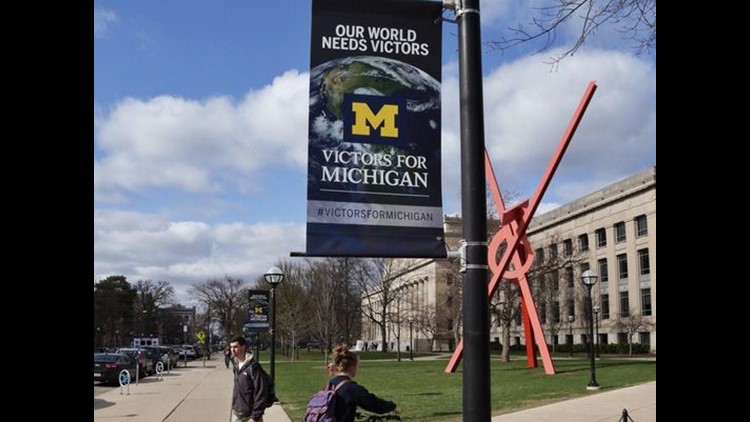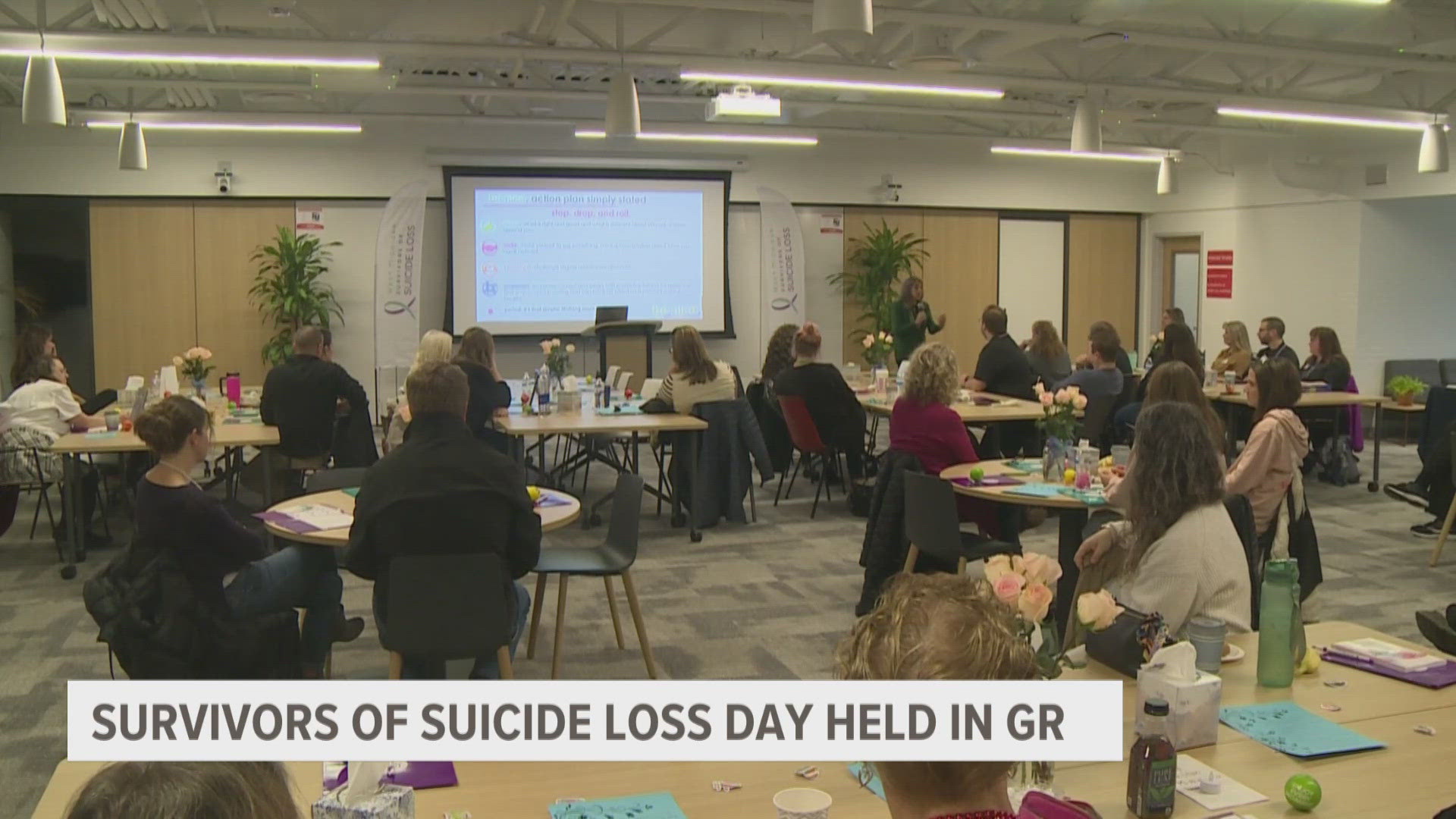ANN ARBOR, Mich. — The University of Michigan is insisting its policies protect free speech after years of debate over what can be said on campus, despite an ongoing lawsuit alleging the school's harassment and bullying regulations trample students' First Amendment rights.
The university has long been committed to free speech, Amir Baghdadchi, the senior associate director of University Housing, told MLive .
"When it comes to a student's personal expression, we protect that speech by fundamentally making it our policy that we do not suppress speech," said Baghdadchi. "If we come across speech that someone else finds offensive, or our staff finds egregious in some way, our choice is not between suppressing it, eliminating it or ignoring it. Instead, we choose to respond to that speech."
The university has been sued by free speech advocacy group Speech First, which alleges that university policies prohibiting harassment and bullying are unconstitutional. The Justice Department sided with the group in June, saying the policies interfere with students' First Amendment rights because they fail to define the scope of banned words or actions.
The university has called the allegations a "false caricature" of its policies, The Detroit News reported.
The school sought to clarify and standardize definitions of bullying and harassment on the same day the Justice Department challenged its policies. The school has since drawn definitions from state law, introduced more safeguards for free speech and revised language to narrow the scope of what is prohibited. University officials have requested the lawsuit's dismissal.
"As expectations change, from all over the university community, we took the opportunity to reinforce our training, to make it perfectly clear that free speech is protected," Baghdadchi said.
Speech First also sought an injunction against the university's anti-bias team, but a judge rejected that request.
The university's policies drew attention in 2017 when student housing staff were told that they weren't allowed to clean off racist graffiti daubed on dorm room doors. It occurred in a private, individual space where students have the right to express themselves, Baghdadchi said.
While staff can't "censure or police that kind of protest," students are permitted to erase such language, he said.
Some students disagree with the policy. Senior Sydney Whack said hate speech shouldn't be tolerated anywhere.
"Freedom of speech does not include hate speech of any type," said Whack, 21. "That argument is invalid. To say you can freely go around disrespecting people and making people feel uncomfortable because you have freedom of speech isn't correct. That is not logical."
Public university employees can't silence speech unless it's extreme, such as including a threat of violence, said University of Florida professor Frank LoMonte, director of The Brechner Center for Freedom of Information.
"'Hate speech' does not have any legally understood definition, and it's so subjective that it could expose people to punishment for even a sharply worded political statement," LoMonte said.
►Make it easy to keep up to date with more stories like this. Download the 13 ON YOUR SIDE app now.
Have a news tip? Email news@13onyourside.com, visit our Facebook page or Twitter.



